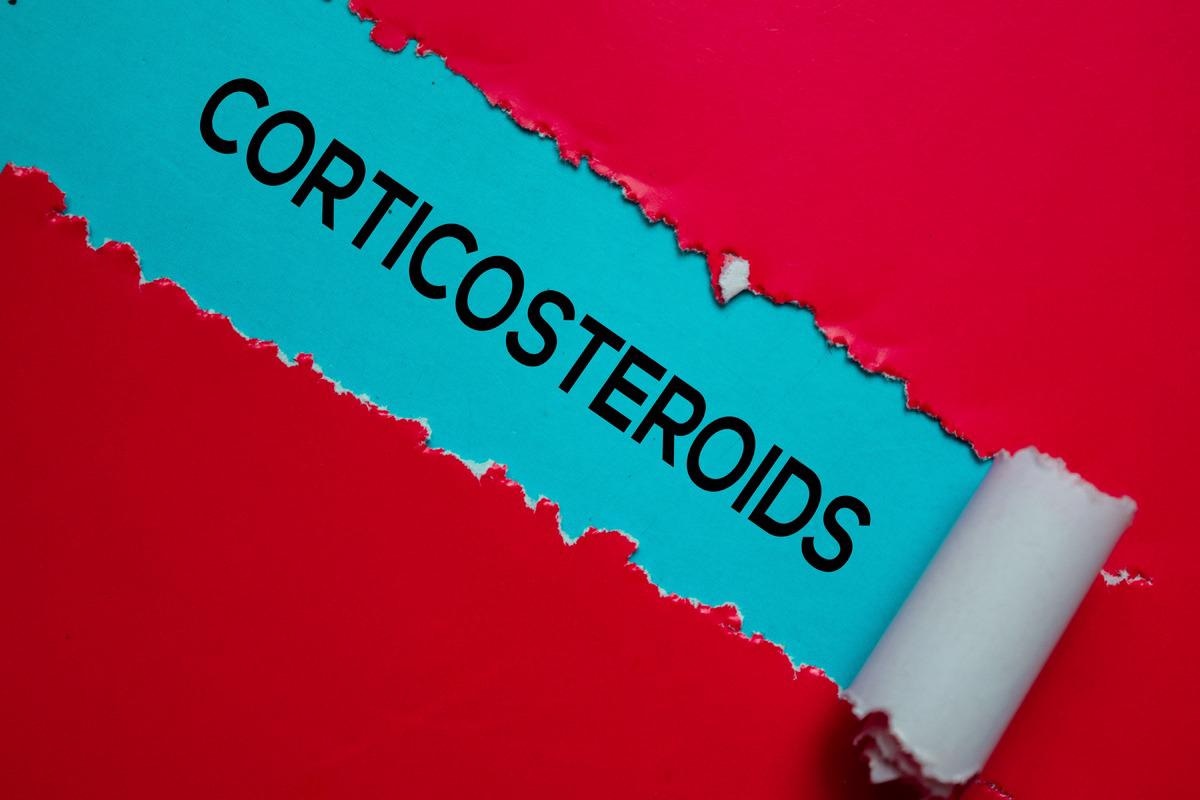Since coronavirus disease 2019 (COVID-19) first emerged in Wuhan, China, it has spread to nearly every country in the world and caused over 5.6 million deaths.
The search for a successful treatment for the disease has been a frustrating event for healthcare workers and researchers worldwide, as multiple promising treatments from monoclonal antibody treatments to anti-malaria drugs have failed to deliver at clinical trials. This has led to a rise in demand for unproven and potentially harmful treatments such as the horse de-worming drug, Ivermectin, and colloidal silver.
 Study: Use of glucocorticoids megadoses in SARS-CoV-2 infection in a spanish registry: SEMI-COVID-19. Image Credit: bangoland/Shutterstock
Study: Use of glucocorticoids megadoses in SARS-CoV-2 infection in a spanish registry: SEMI-COVID-19. Image Credit: bangoland/Shutterstock
A group of researchers from the Hospital Universitario Gregorio Marañón have been investigating the effects of megadoses of corticosteroids on hospitalized COVID-19 patients.
The Study
The researchers searched through the MEDLINE database for any studies that included the terms “corticosteroids and COVID-19,” “megadoses and SARS-CoV-2,” and “immunomodulatory and COVID-19.”, including only modern and up-to-date papers in their collection.
In total, the researchers received data from over 131 Spanish hospitals on patients who had an infection with SARS-CoV-2 that was confirmed using RT-PCR testing. This data included medical history, symptoms, test results, demographic data, and any ventilation support, complications and causes of death. They were primarily investigating the use of corticosteroid megadoses and in-hospital mortality.
In total, they managed to collect data on 5,262 individuals who had received corticosteroids, and split this group into those who had received low doses and those who had received megadoses (>150mg in 24hrs). The researchers used the rates of skewness and kurtosis, Levene’s test or the Kolmogorov-Smirnov test to examine continuous quantitative variables for normal distribution.
The variables were expressed as medians and interquartile range. To compare between the different groups, the scientists used the Student’s T-test, Mann-Whitney U test, Wilcoxon test, analysis of variance (ANOVA), or the Kruskal-Wallis test.
When categorical variables had to be expressed this was done as absolute values and percentages, and differences in proportions could be analysed using the hi-square test, McNemar’s test, or Fisher’s exact test. Odds ratio with 95% confidence intervals were used to express measures of association, and logistic regression was used to evaluate the relationship between megadoses and mortality with multivariate analysis to adjust for confounding variables identified in previous analyses.
The scientists found that generally those who had dyslipidemia, arterial hypertension, and other heart and respiratory diseases were less likely to receive megadose therapy, as were those taking systemic corticosteroids or immunosuppressants. Younger patients were also more likely to receive megadoses.
Those with elevated levels of the inflammatory markers associated with COVID-19 – indicating more severe disease – were more likely to receive megadoses. These included elevated levels of lactate dehydrogenase and C-reactive protein. In terms of other treatments used at the same time as megadoses of corticosteroids, the researchers found other immunomodulatory medications were more likely to be given to patients who had received a megadose. They also found hopeful evidence for megadoses, with the risk of complications lower in the group of megadoses – most obviously regarding other infections. However, the risk of stroke and venous thromboembolic disease did rise.
There was no significant difference in ICU admission or average amount of days in hospital between megadoses and low doses. Statistical analysis initially returned conflicting results with regards to mortality, but with further adjusting for confounding factors the researchers observed that the use of steroids was associated with increased mortality, for both megadoses and low doses.
However, they did identify that patients who received lopinavir-ritonavir, hydroxychloroquine and tocilizumab had a higher survival rate – contrasting with multiple different studies showing no benefit to the use of hydroxychloroquine and an increased rate of adverse events for individuals receiving treatment with this drug.
Conclusion
The authors highlight that a significant proportion of individuals received megadoses – representing 46% of surveyed individuals. They also highlight that those who received megadoses were no more likely to die than those who received low doses – but they were significantly less likely to suffer infectious complications.
However, they notably ignore their findings that any steroid treatment increases mortality, and do not address their contrasting finds to the rest of the scientific community with regards to hydroxychloroquine, making it difficult for healthcare workers to take guidance from these results (after they are peer reviewed). However, the researchers have gathered a significant amount of data, and the information on reduction in infection in megadose patients could have value.